The process of cancer metastasis is a complex one and involves multiple steps. It involves cancer cells leaving the primary tumor and moving into the blood vascular system (intravasation), traveling to a distant site in the body, often the lungs, bone or brain. Here the tumor cells need to move out of the blood vessels (extravasation) and then settle and grow into a secondary tumor (metastasis). Until now it has been very difficult to study these aspects of cancer biology in the lab, and almost all studies tend to use animal models. However, with recent developments in tumor-organoid culture and vascularization, together with microfluidic technologies, the possibility to develop in vitro systems for studying metastasis is becoming a possibility.
At Utrecht University, the Animal Welfare Body awards research grants for projects aim at reducing the use of animal experiments. Guy Roukens, senior postdoc in the Coffer Lab, has been awarded such funding to explore the possibility of developing in vitro microfluidic systems that can be used to investigate tumor vascularization, intravasation and extravasation and thereby help understand the process of tumor metastasis.

